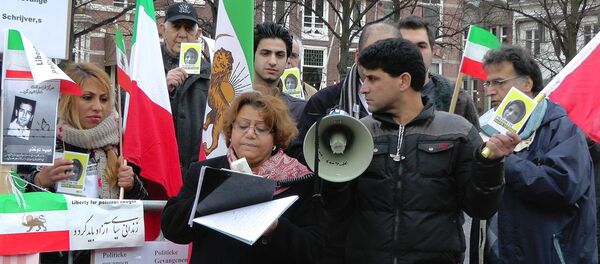"Iran should urgently revise its penal code to eliminate provisions that criminalize peaceful free expression, especially when they punish its exercise with death," HRW's deputy Middle East and North Africa director Eric Goldstein said in a news release. "It is simply shocking that anyone should face the gallows simply because of Internet postings that are deemed to be crude, offensive, or insulting."
HRW also reiterated concerns over charges of efsad-e fel arz, or "sowing corruption on earth." The definition of the term provided in the revised Iranian penal code is too vague, and hence allows Iranian authorities to try political dissidents for exercising their freedom of expression, the news release said.
In September, Iranian photographer Soheil Arabi was sentenced to three years in jail for posting content on his Facebook page that "insults the Supreme Leader" and develops "anti-State propaganda." In August, the Supreme Court added the charge of sabb al-nabbi, or "insulting the prophet," and sentenced Arabi to death. In November, the court upheld the ruling sentencing the photographer to death.
In May, seven Iranians were detained by the police for posting a video on YouTube showing them dancing to the Pharell Williams song "Happy." As of July, over 65 journalists and media activists have been arrested on charges relating to their work, according to Reporters Without Borders.


